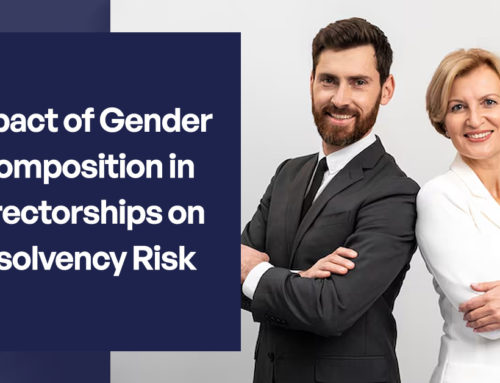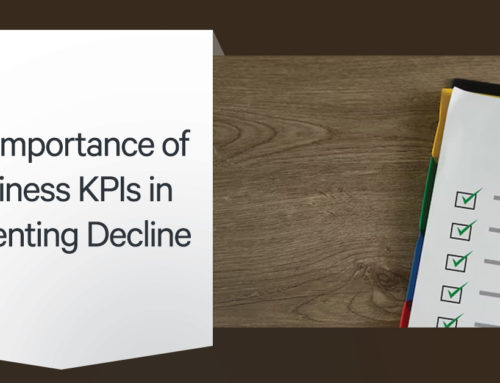Financial stress is an unwelcome companion for many university students. With the increasing costs of tuition, textbooks, accommodation, and day-to-day living, it’s not surprising that many students graduate with a significant amount of debt. While student loans provide an accessible way to finance studying, repaying them can be daunting, especially if you’re unable to secure a high-paying job immediately upon graduation.
For those grappling with overwhelming debt, an Individual Voluntary Arrangement (IVA) might be the lifeline you need. This article dives deep into how an IVA can assist students in addressing education-related debt in the UK.
Understanding the Basics: What is an IVA?
An Individual Voluntary Arrangement (IVA) is a formal and legally binding agreement between a debtor and their creditors. It allows the debtor to repay their debts over a specific period (typically 5-6 years). The repayment plan is tailored to the individual’s financial situation, meaning you’ll pay what you can afford. At the end of the agreed period, any remaining debt is written off.
Is an IVA Suitable for Students?
IVAs are generally designed for individuals with significant unsecured debts, usually over £15,000. Unsecured debts include credit cards, personal loans, and store cards. Student loans are a unique type of debt in the UK, and it’s important to distinguish between them:
- Student Loans Company (SLC) loans: These loans are backed by the UK government and have specific repayment terms based on your income. They are not included in an IVA because they’re considered a priority debt. After 30 years from the April you were first due to repay, any remaining debt is written off.
- Private student loans: If you’ve taken out a loan from a private company or bank to fund your education, these are considered unsecured debts and can be included in an IVA.
If you have significant private student loan debts, coupled with other unsecured debts, an IVA might be a suitable option.
Benefits of an IVA for Students with Education-Related Debt:
Tailored to the unique challenges faced by students, an IVA provides a structured and manageable approach to repaying debts, offering a lifeline towards achieving a debt-free future.
- Fixed, affordable repayments: Your monthly payments are based on what you can afford. If your financial situation changes, the IVA can be reviewed and adjusted.
- Protection from creditors: Once the IVA is in place, creditors can’t take any legal action against you or make any further demands for payment.
- A light at the end of the tunnel: At the end of the IVA term (usually 5-6 years), any remaining debt is written off.
Potential Drawbacks:
- Impact on credit rating: An IVA will appear on your credit file for six years, which could impact your ability to obtain credit in the future.
- Commitment: IVAs last for a considerable period. If your circumstances change and you can’t meet the payments, the IVA may fail, and you might be back to square one.
- Fees: While the costs are typically covered in your monthly repayments, there are fees associated with setting up and managing an IVA.
Steps to Take Before Opting for an IVA:
Before embarking on the transformative journey of an Individual Voluntary Arrangement (IVA), it’s crucial to lay down a solid foundation for success. Taking strategic steps prior to committing to an IVA can significantly enhance its effectiveness, ensuring a smoother path towards financial stability.
- Seek advice: Before entering an IVA, it’s crucial to get independent advice from a licensed insolvency practitioner or a debt advice charity. They can help you assess if an IVA is right for you.
- Budget: Create a detailed budget to understand your financial situation. Factor in all sources of income and all outgoings to get a clear picture.
- Consider alternative solutions: There are other debt solutions, such as Debt Management Plans or declaring bankruptcy, which might be more suitable for your situation.
In conclusion, for students in the UK facing education-related debt, an Individual Voluntary Arrangement can offer a structured, legally-binding way out. However, it’s essential to consider all aspects and seek professional advice before deciding if an IVA is the right path for you. Remember, the goal is to provide a more secure financial future, so making an informed decision is paramount and at Leading we’re here to help so get in touch today.






